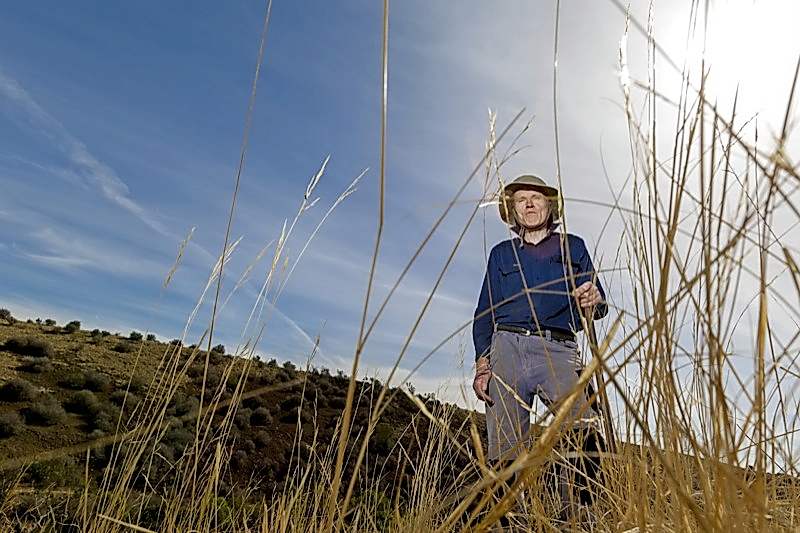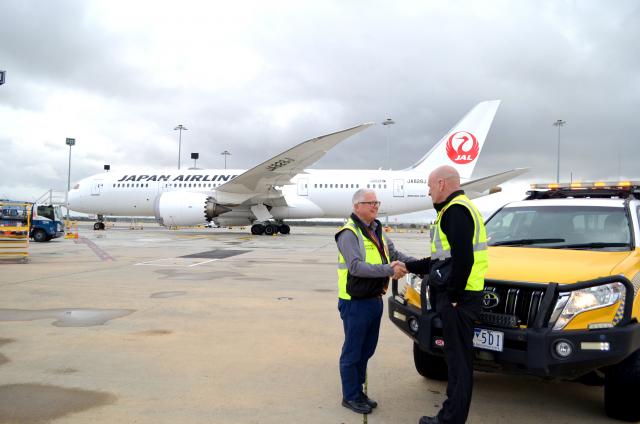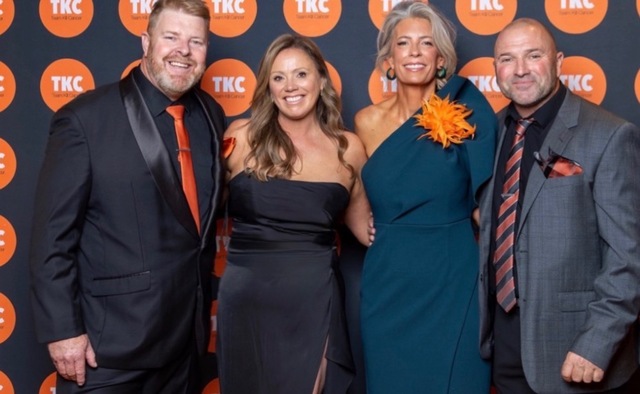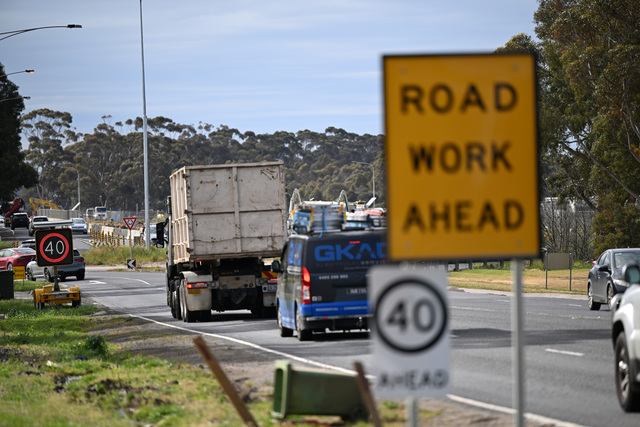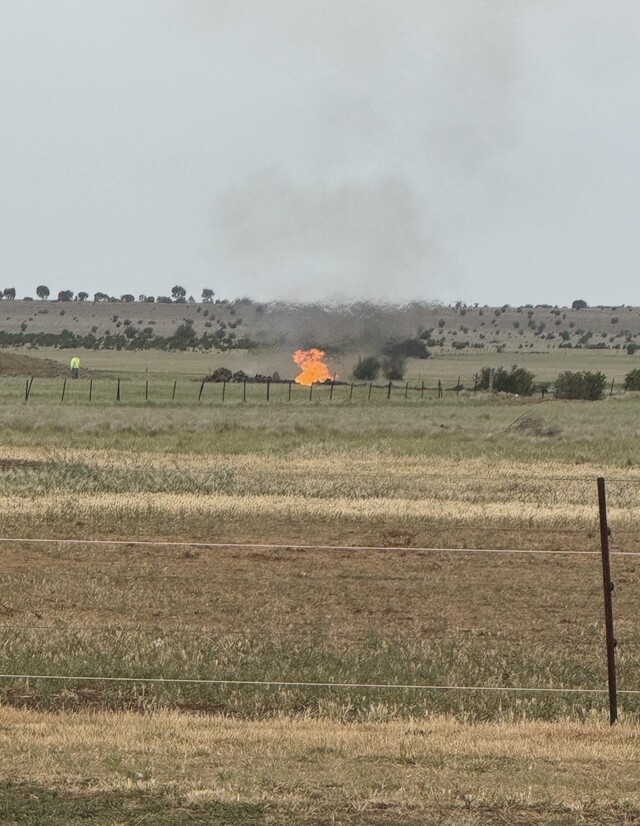Bulla farmer Paul Fanning walks the talk on weeds, mattock in hand, chipping away at the pest species that grow in abundance across neighbouring blocks abutting Deep Creek.
Many of the smaller lots around the cattle farm he manages with his siblings on behalf of their elderly father belong to absentee landowners, most of whom are just waiting to reap the spoils of subdivision as urban sprawl arrives at their back gates.
But Mr Fanning is a fifth generation guardian of the land beneath his feet and, with neighbour Alan McKenzie, feels farming and farmers deserve protection from invasive species, human and otherwise. The pair has been agitating for years against human activity that threatens agricultural land.
“What brought all this to a head was largely a Hume council decision to disband its weed taskforce,” Mr Fanning said.
He said weed problems proved “too onerous” and council officers found themselves facing hostile landowners when they tried enforcing bylaws that require properties to be free of weeds.
The farmers’ struggle for support and recognition came before the council again last week and there was overwhelming support for a rural landowner engagement plan that assures farmers of continuing rate rebates to help with the costs of good land management.
It also steers a course for the council to ramp up protections for land and water quality for the large swathes of rural land that still dominate Hume’s geographic profile.
But for farmer Fanning the irony is that, after his long struggle for recognition, in a couple of years the council will no longer be his partner in the war against weeds.
“What will happen here when the new [Sunbury] council takes shape?” he asked.

